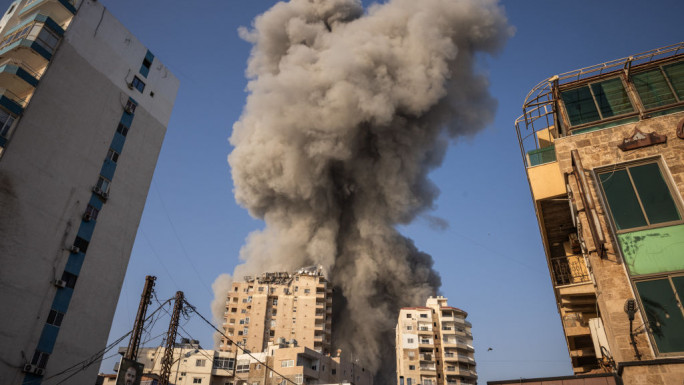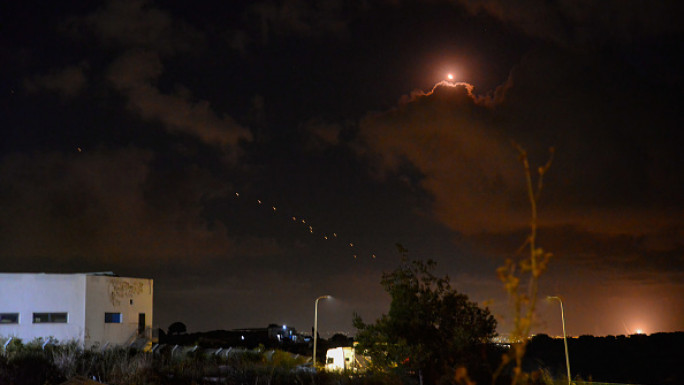US plans to evacuate thousands of Afghan interpreters to US bases ahead of August withdrawal
The Biden administration could start evacuating Afghan interpreters and nationals who aided the US army during its war in Afghanistan as early as this month, amid mounting concerns over the Taliban gaining ground.
"For operational security, we won't have additional details on when flights will depart, but we will meet the president’s commitment to begin flights this month," an official told The Washington Post.
Details about the number of Afghans who will be evacuated have not been revealed, but the Biden administration is confirming flights out of the country ahead of the 31 August deadline for the withdrawal of American troops.
Dubbed "Operation Allies Refuge", it will support "interested and eligible Afghan nationals and their families who have supported the United States and our partners in Afghanistan and are in the [special immigrant visa] application pipeline."
The State, Defense and Homeland Security departments are coordinating the flights, which will commence in the last week of July.
The US has long faced criticism over its treatment of interpreters and translators.
In 2019, thousands of translators who were promised special immigrant visas became trapped in Iraq.
The number of translators granted special admission to the US has dropped dramatically, and of those who were granted such visas, the application process was years long and sometimes did not include family members.
Last week, an Afghan interpreter living in Iowa claimed he is facing deportation after he said he gave a piece of bread to a member of the Taliban when he was a child.
Niazy served as an interpreter for the US military from 2007 to 2014.
During an asylum interview, he was asked about previous interactions with the Taliban.
"I said, 'I can’t hide that, I can’t lie about it, and yes, I did,'" Niazy said of the interview during an interview on America's Newsroom.
He described an interaction with a Taliban militant when he was nine-years-old. He was approached and told to bring bread from home, with threats to kill him and his family if he did not comply.
Niazy claims that after he shared this interaction, his asylum application was denied on the basis that he “engaged in terrorist activity”.
More than 18,000 Afghan "helpers”, as they are often called by US military personnel, are stuck trying to apply for Special Immigrant Visas.

![The Taliban is gaining ground in the country [Getty]](/sites/default/files/styles/medium_4_3/public/910206970.jpeg?itok=779Jh8Y2)




 Follow the Middle East's top stories in English at The New Arab on Google News
Follow the Middle East's top stories in English at The New Arab on Google News
![Palestinian detainees' families [Getty]](/sites/default/files/styles/image_330x185/public/1794396218.jpeg?h=a5f2f23a&itok=nESfx5RV)

